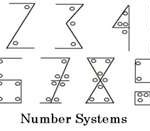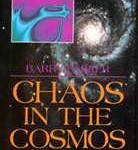In the past century or so, Americans’ awareness of the world beyond our small communities grew as we fought in two world wars and endured the Cold War. Events opened our eyes to nations far beyond North America. The internet now overwhelms us with news of the world’s gigantic problems: ethnic warfare, global warming, pandemic, and Russia’s attempts to take over Ukraine.
Our own lack of power tempts us to give up. In a Facebook post, the writer Anne Lamott addresses this feeling of helplessness. She touches on the “butterfly effect”: the theory that big changes can begin with small changes: growth toward a hurricane set in motion with the flapping of wings by a small butterfly.
“Well, how does us appreciating spring help the people of Ukraine? If we believe in chaos theory, and the butterfly effect, that the flapping of a Monarch’s wings near my home can lead to a weather change in Tokyo, then maybe noticing beauty—flapping our wings with amazement—changes things in ways we cannot begin to imagine. It means goodness is quantum. Even to help the small world helps. Even prayer, which seems to do nothing. Everything is connected.” (Anne Lamott, in a Facebook post 4/5/22)
We still have the same callings as our ancestors. We are called to serve through the little and small ways given to us. We do the next thing. We shower the world with our own tiny bits of service and prayer and perhaps become part of a greater and better whole.





